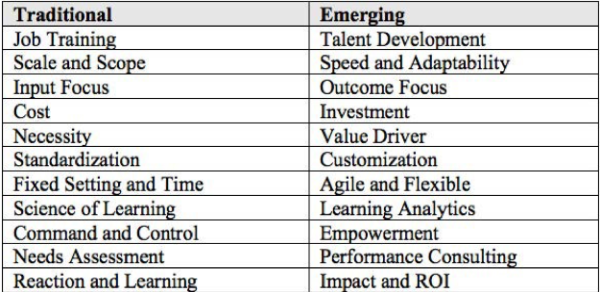Rate this post
Everyone can agree that learning is crucial to the success of any organization. Yet, learning and talent development professionals often fail to show that their efforts are directly improving the organization’s performance. The result? CEOs and other key decision-makers don’t see the value of learning programs, and they may end up on the chopping block—along with the budget.

















